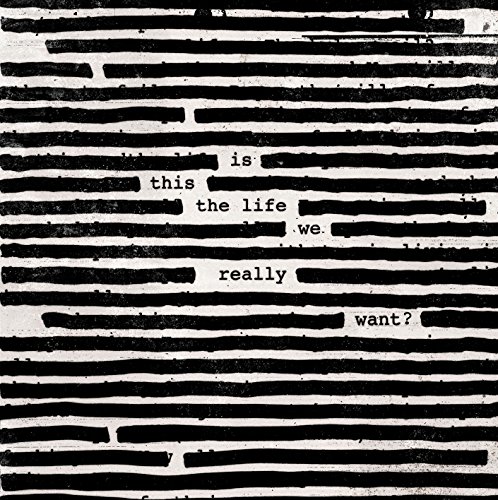

When he revisits the groove of “Have A Cigar” on the Doors-quoting “Smell the Roses” or the opening strains of “Pigs on the Wing” for the LP’s bleakest track “Oceans Apart,” he’s not only revisiting the sounds but the themes of greasy greed and dangerous ambivalence that exist within those classic tunes as well.Īnd Waters couldn’t have picked a better combination of musicians than the ensemble he enlisted for these sessions. Part I.” Or, rather, a nincompoop, as he puts it elsewhere in the song, citing human silence and indifference as the primary reasons why “every time somebody dies reaching for their keys, and every time that Greenland falls in the fucking sea.”Įlsewhere, the heavy heart he carries for the forgotten people of the Middle East can be heard on songs like “The Last Refugee,” “Bird in a Gale” and “The Most Beautiful Girl,” as Waters repurposes spare strains of old Pink Floyd major chords to punctuate his melancholy. Oh yes, mama, the president is still a fool, as Nona Hendryx so beautifully sang on the Amused to Death centerpiece “Perfect Sense. “The goose has gotten fat,” he proclaims on the album’s solemn, soulful title cut. He essentially picks up right where he left off on Amused to Death, as if the last quarter century only exacerbated his concerns, especially in the context of seeing three back-to-back two-term presidencies, which inadvertently led to the rise of Trumpism. However, neither this rare bit of prog rock gossip, nor the passionate (if obsessive) sentiments Waters harbors for the situation in the West Bank should overshadow the brilliance of Is This the Life We Really Want?, where the 73-year-old singer and bassist addresses his thoughts and the public concern over them as poignantly and eloquently as only he can across 12 new studio tracks. I have made every effort to engage with you personally and would still like to have the conversation.” Waters was quick to respond to these allegations, using Rolling Stone as a conduit as well: “That is not true, Thom. In fact, just last year in this publication, the esteemed Rabbi Shmuley Boteach championed American Express for dumping plans to invest $4 million on a tour sponsorship with Waters. Waters himself has seen his own public image demonized on the back of his fervent, spirited advocacy for the people of the West Bank, where his pointed words against Israel have gotten him labeled as anti-Semitic by some critics.

Yet in the last year-hell, in the last 150 days-the singer has witnessed a character straight out of “Pigs” insist on building a wall while barking out fleeting thoughts on Twitter via his iPhone, all while the desperate public need to stay “on brand” rolls through the fields of intellectual discourse like a plague of locusts. Through the complex grandiosity of such classic Pink Floyd albums as Wish You Were Here, Animals, The Wall and The Final Cut, Roger Waters the lyricist gave the world a glimpse of existing under the ham-handed fist of corporate zealotry. Hence the question posed in the title of the fifth and finest solo album yet from Waters, which arrives at a time where the nightmares of the artist’s most imaginative material has become an out-of-control beast of American exceptionalism gone awry. And when you compound it with the way both the songwriter and the author who inspired him predicted the likes of television news being repackaged as entertainment, mandatory lifestyle branding and a “Made from TV” presidential candidate in the age of Donald Trump is pure prophecy in motion. The addiction to smartphones, iPads, Kindles, Nooks, PSPs, laptops, FitBits, Apple Watches and whatnot surely has surpassed the expectations of both Waters and Postman in terms of screen addiction.

Yet when you skip ahead a quarter century, where the former Pink Floyd frontman would finally follow up his 1992 opus with an LP entitled Is This the Life We Really Want?, there’s a screen in just about every human hand in modern society. And one with access to the embryonic World Wide Web via Prodigy was even rarer. When Roger Waters released Amused to Death-an album based on the Neil Postman book about the addiction to television screens-the computer was still an uncommon part of a domestic household.


 0 kommentar(er)
0 kommentar(er)
